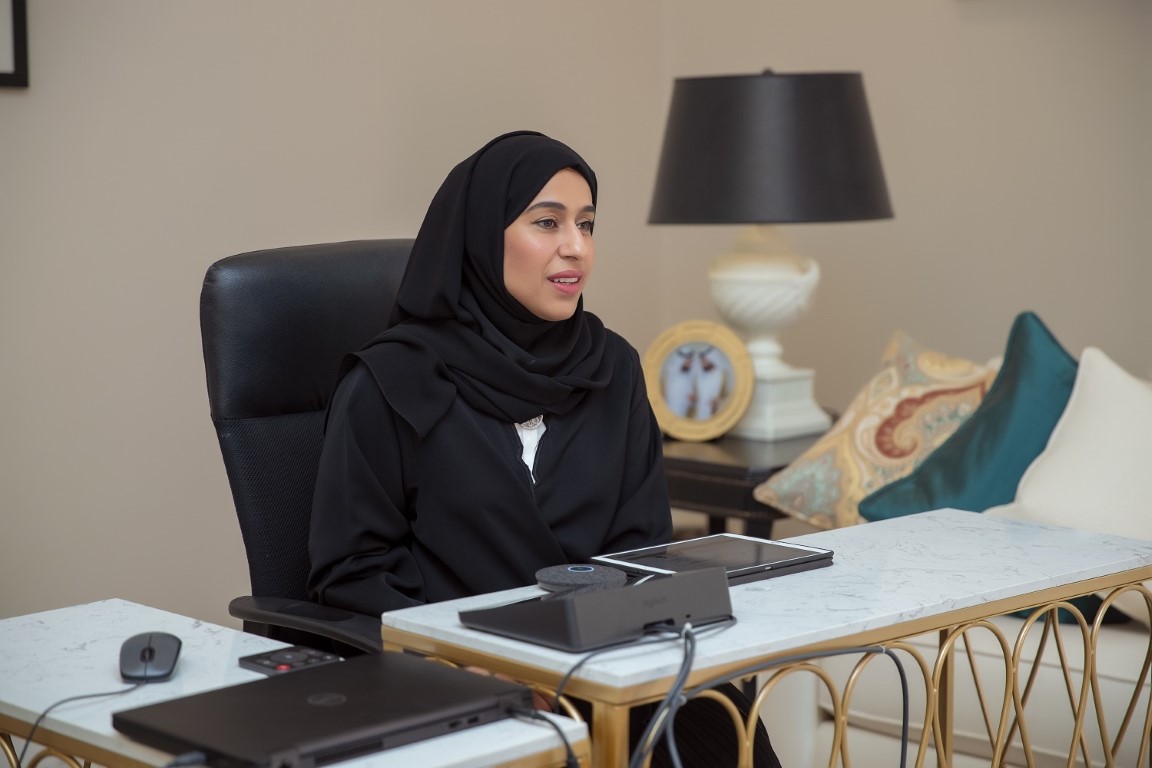Hessa bint Essa Buhumaid, Minister of Community Development, affirmed that the advancement of gender balance is a long-standing priority for the UAE, stressing that women play a vital role in creating prosperous development, contributing to family stability and sustainable economic growth.
Buhumaid made this statement at the G20 Ministerial Conference on Women’s Empowerment, held in Bali, Indonesia, under the theme “Women’s Entrepreneurship: Accelerating Equality, Accelerating Recovery”. She expressed her sincere gratitude to the Republic of Indonesia for hosting a future-oriented and collaborative session of G20 EMPOWER.
The Minister noted that implementing progressive gender balance legislation included mandated equal pay; parental leaves and specifically paternity leave; and equal access to credit are just some of the steps the UAE has taken to drive women’s access to finances and economic opportunities which in turn allows us to be better prepared for future economic, health, and social crises.
She also indicated the UAE approach to advancing gender balance in the UAE is cooperative as it recognises and values the work that other countries, international organisations, and the private sector have done to drive gender equality. “A policy of partnership and collaboration strengthens knowledge and fuels innovation.”
Buhumaid added that the UAE recognises that supporting working women and women entrepreneurs in a sustainable way requires the building of a strong policy architecture to mainstream gender balance across the economy, financial institutions, and government.
“However, gender-balanced economies and economies that prioritise women’s inclusion do not simply come to be. Equitable inclusion of women in the economic space, particularly of women entrepreneurs, requires a steadfast commitment to building the right legal and policy environment,” she explained.
The Minister then elaborated that gender-disaggregated data collection is a key enabler in the 2026 UAE Gender Balance Strategy, which itself highlights the importance of including and empowering women entrepreneurs. “Such a systematic approach to data collection is a best practice for building more gender-responsive financial, economic, and government infrastructure,” she concluded.












